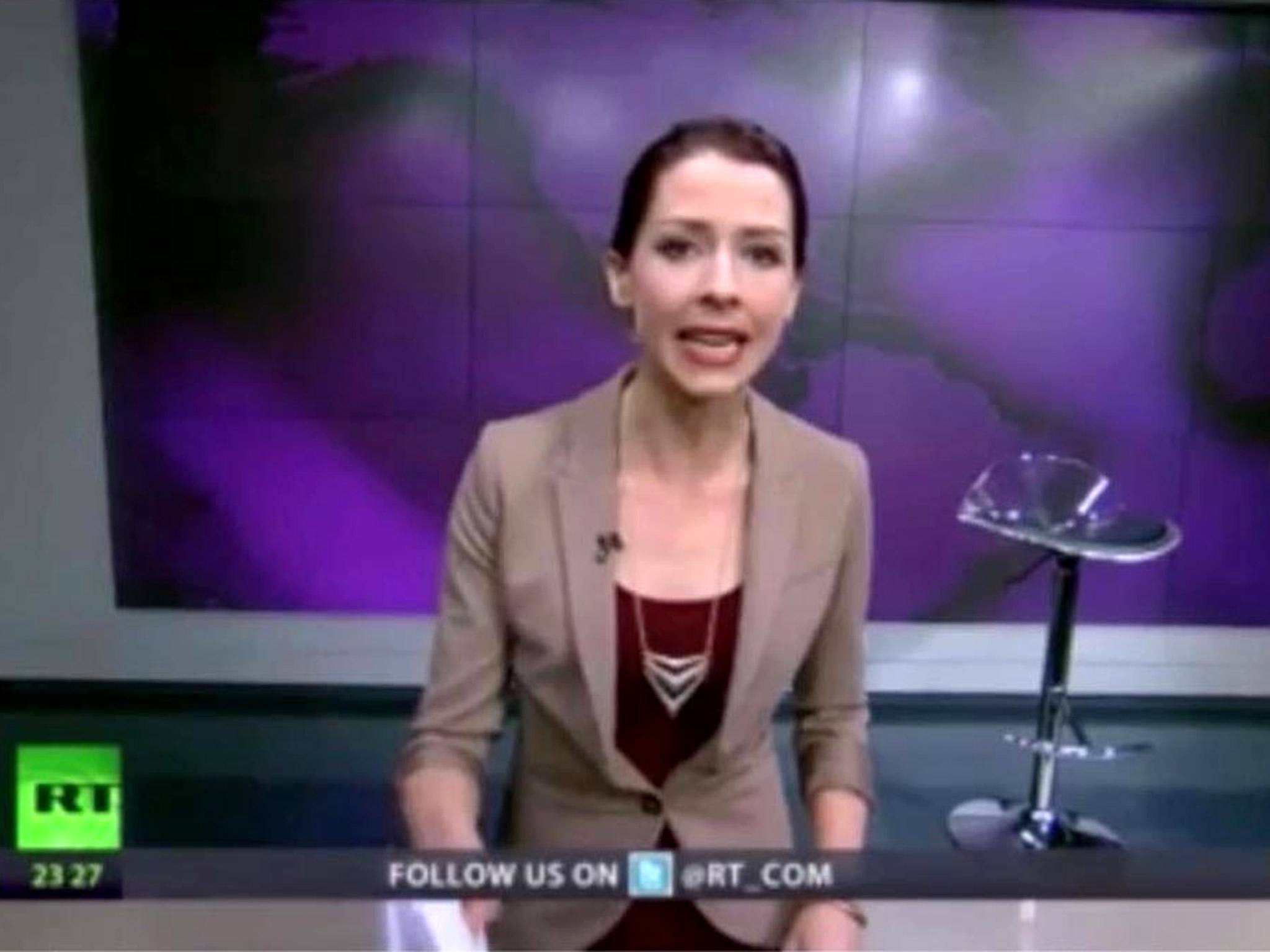Ukraine crisis: One person’s saviour is another person’s conqueror
The images in Russian minds are those of the pogroms and general lawlessness that Ukraine suffered before and after the First World War


When countries set up broadcasting stations with a view to getting their perspective across, they need to realise that things can go wrong. Rarely more so than this week, when Abby Martin, US anchor for TV channel Russia Today, said she absolutely disagreed with RT’s Ukraine coverage and flounced off the air.
Before leaving, she said: “What Russia did is wrong. Military intervention is never the answer, and I will not sit here and apologise or defend military aggression.” It should be said here that Ms Martin is an American, based in America, which allowed her to see the disparity between the version of events being put out by US broadcasters for their audience and the version being put out by the Russians for theirs.
On Ukraine, as I swiftly learnt by contributing to both Western and Russian programmes broadcast from London over the past couple of weeks, the twain do not meet. Indeed, they have been spinning apart since the violence in Kiev of 20 February. To me, this is one of the most disturbing aspects of the Ukraine conflict.
There may indeed have been, and continue to be, disinformation, but the two versions can also be explained by the quite different places from which East and West start in their view of Ukraine – and which are combined, uneasily, in Ukraine itself.
If you watched or listened to most Western coverage, including that of the BBC, you would understand that Viktor Yanukovych defied prevailing Ukrainian sentiment when he accepted a Russian bailout back in November, rather than the association agreement on offer from the EU.
You would also understand that the protesters on the streets of Kiev were representative of Ukraine’s population, exercising their legitimate rights. You would also believe that Mr Yanukovkych was justly toppled.
If you obtained your information from the Russian media you would believe that the vast majority of those on the streets harboured far-right, Ukrainian ultra-nationalist sympathies. You would accept that many of these protesters were hurling Molotov cocktails and some of them armed. You would know that many of those killed were policemen.
You would believe, further, that Yanukovych was ousted illegally. And you would note that one of the first acts of the post-Yanukovych parliament was to rescind equal recognition for the Russian language in Russian-speaking parts of the country; you would be fearful about what this government would portend.
For this group, Putin’s show of military force in Crimea was the very least he could have done. Ditto his warning that he reserved the right also to protect the safety and rights of Russian-speakers in eastern Ukraine.
The images in Russian minds are those of the pogroms and general lawlessness that Ukraine suffered before and after the First World War. Their fear is of what extreme nationalist Ukrainians might do, if let off the leash by their European friends. Such fears will doubtless seem dangerously exaggerated to many Ukrainian speakers and outsiders, for whom the Kiev protesters were enlightened, pro-democracy, pro-Europe patriots, and Russia’s seizure of control in Crimea an all-out assault on Ukrainian sovereignty.
This divergence presents an exceptionally dangerous situation and will complicate any conciliation set in motion by international diplomacy. But it is not all down to inaccurate or even dishonest reporting. Coverage of the conflict offers a graphic example of what happens when two sides start out with starkly different assumptions about the world.

Join our commenting forum
Join thought-provoking conversations, follow other Independent readers and see their replies